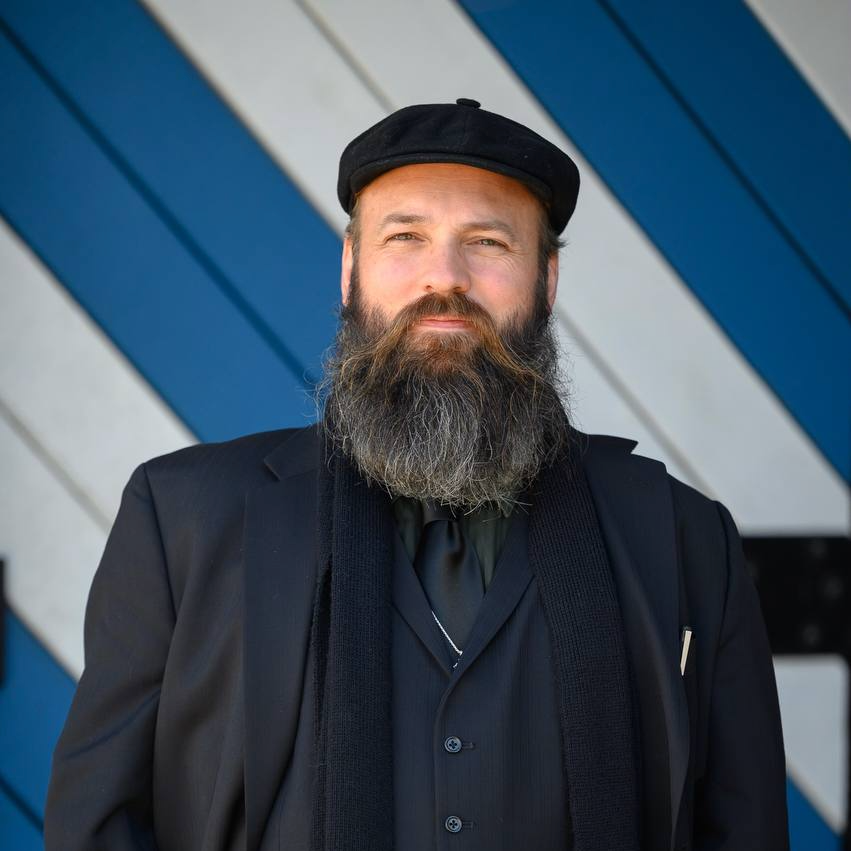Very Eastern, Less Orthodox
Podcast: Play in new window | Download (Duration: 2:39:35 — 307.5MB) | Embed
Subscribe: Apple Podcasts | Spotify | Amazon Music | More
Hosts

Corey J. Mahler

We are told to ‘test the spirits’, and this is a blanket admonition. You should test the things we say on this podcast against the Word of God; you should test the things your pastor says against the Word of God; you should test the things you believe against the Word of God. Yes, there are things that belong to natural revelation — to wisdom that can be gained from exploration of God’s Creation —, but, where Scripture speaks, Scripture is binding and final.
In today’s episode, we will subject Eastern ‘Orthodoxy’ both to Scripture and to natural revelation, which is to say human wisdom derived from God’s good creation. At the end of this episode, we fully believe that you will be left with a simple and unavoidable conclusion: Whatever the EO may have been historically, they are no longer Christian today.
The practice they call ‘hesychastic prayer’ is not prayer, but it is a very real spiritual practice — the problem is that those spirits with which it seeks (and even obtains) communion are not of God, but of an entirely different master. And God has spoken on the matter:
»“And when you pray, do not heap up empty phrases as the Gentiles do, for they think that they will be heard for their many words. Do not be like them, for your Father knows what you need before you ask him.«
— Matthew 6:7–8 (ESV)
These are not idle or unimportant matters. To believe the things taught by the EO is to endanger one’s soul. If you or anyone entrusted to your care has ever expressed or pursued any interest in the EO, then we strongly encourage you to listen carefully to this episode — perhaps more than once. We also encourage you to ask question, if you have them — we will try to respond promptly.
Subscribe to the podcast here.
Show Notes
See Also
Further Reading
- “Distinction” (Philosophy) [Wikipedia]
- See also Duns Scotus [Wikipedia]
- “Eastern ‘Orthodoxy’”
Parental Warnings
We discuss the demonic in this episode (and also, briefly as an example, sex), so you may wish to screen it before listening to it with your children.
Nota
When speaking of “distinctions”, I deliberately did not mention the difference between “logical“ and “formal” or “conceptual“ distinctions, because that difference was not relevant or helpful for the episode. If you are interested in the philosophy of this, please start with the links under the “Further Reading“ section.
Current Sponsor(s)
Coming soon?
Support the Podcast
- Recurring Donation
- One-Time Donation
- Mahler’s Amazon.com Wish List
- Woe’s Amazon.com Wish List
- The Stone Choir 2024 Challenge Coin
- Update: Shipping has begun.
Comments?
Join the discussion on Telegram, visit the feedback form or comment below.
